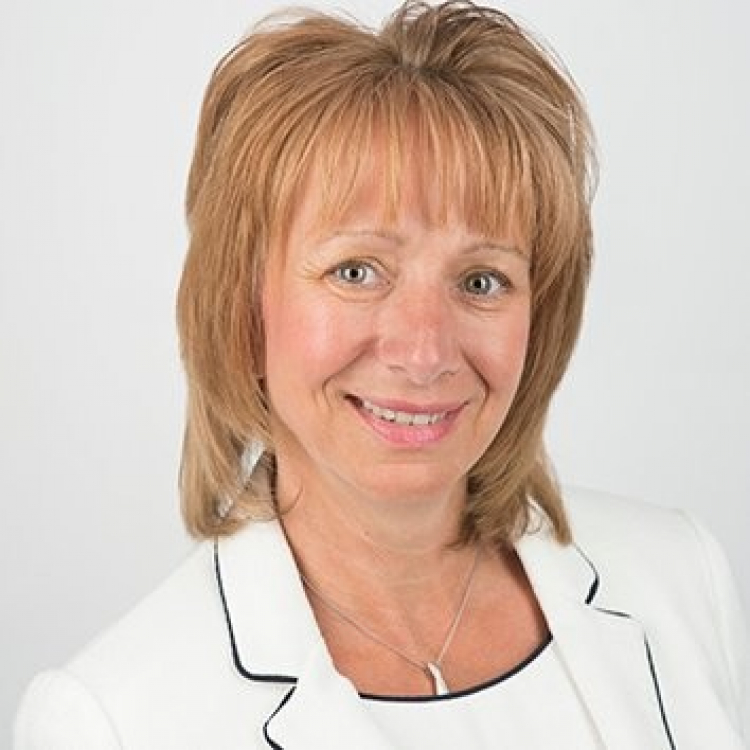Some things will go back to normal. Insurance shouldn’t be one of them.

This is an extremely difficult time to be a corporate insurance buyer, says former broker and now Managing Director of Mactavish, Heidi Carslaw
Echoing the firm’s website, Heidi says: “The commercial insurance market feels like it is fundamentally broken. Unsuitable policies, wild surges in pricing, constant disputes over claims and over-standardised policies are just some of the symptoms of a system that appears to be no longer fit for purpose.”
The cyber market is an example. Claims have increased significantly particularly for ransomware. Heidi advises that buying cyber cover now requires careful planning and preparation before approaching insurers. Premiums are increasing and insurers’ demands for information are extensive, with detailed proposals and questionnaires required. “The complexity of these often leads to clients failing to obtain the cover they want,” states Heidi.
She says there has been a huge amount of consolidation within the insurance sector over the last few years, leading to less less choice for the policyholder. Standardisation and a move to a much more transactional-based approach is leading to client frustration and this, combined with the hard market, is causing clients to rethink their insurance strategy.
“The next five years is likely to see clients demanding more from their insurers and brokers. Understanding how the market perceives their risk and fundamentally how they can make a difference to their overall insurance position is now a regular conversation at the boardroom table.”
Reconsidering
With increasing premiums and reducing cover, many of Mactavish’s clients are reconsidering their routes to market and looking outside of the traditional insurance markets to parametrics, captives and capital market solutions. “There is a fundamental need for buyers to regain control of their insurance and risk requirements, and not be bamboozled by an increasingly inflexible market.”
Heidi illustrates the situation. Over the last six months, Mactavish has been working with clients to help them review their risks and, more accurately, present far more risk information to insurers. With several clients, they discovered serious gaps in the insurer’s knowledge of the company’s business. Cover was inappropriate for the risk and there was significant potential for unpaid claims. Insurers had to be changed.
These were clients who had long-standing relationships with their providers, but there had been a serious failure in engagement through recent renewals. Heidi comments: “Fundamentally risk and insurance need to become embedded in the day-to-day activities of the business – you cannot just take insurance out the box once a year and then forget about it, if you expect it to work when tested.”
Heidi expressed a concern over the lack of experienced insurance technicians both in the broking and insurer sectors – as a result of the drive towards technology and standardisation. Where insurance buyers may have relied on their brokers for such skills in the past, today there is likely to be less choice. She believes it is not surprising that mistakes are being made and businesses are exposed as a result.
Risk managers shouldn’t be embarrassed at seeking external support, especially when there are shortages of important skills. Independent advice, she believes, can give insurance buyers more confidence and allow them to take back control. “Position and reposition. Use external support to help you clarify and maximise your position to make the insurance market work for you.”
Mactavish is the UK’s first outsourced insurance buyer and claims resolution expert. https://www.mactavishgroup.com/
